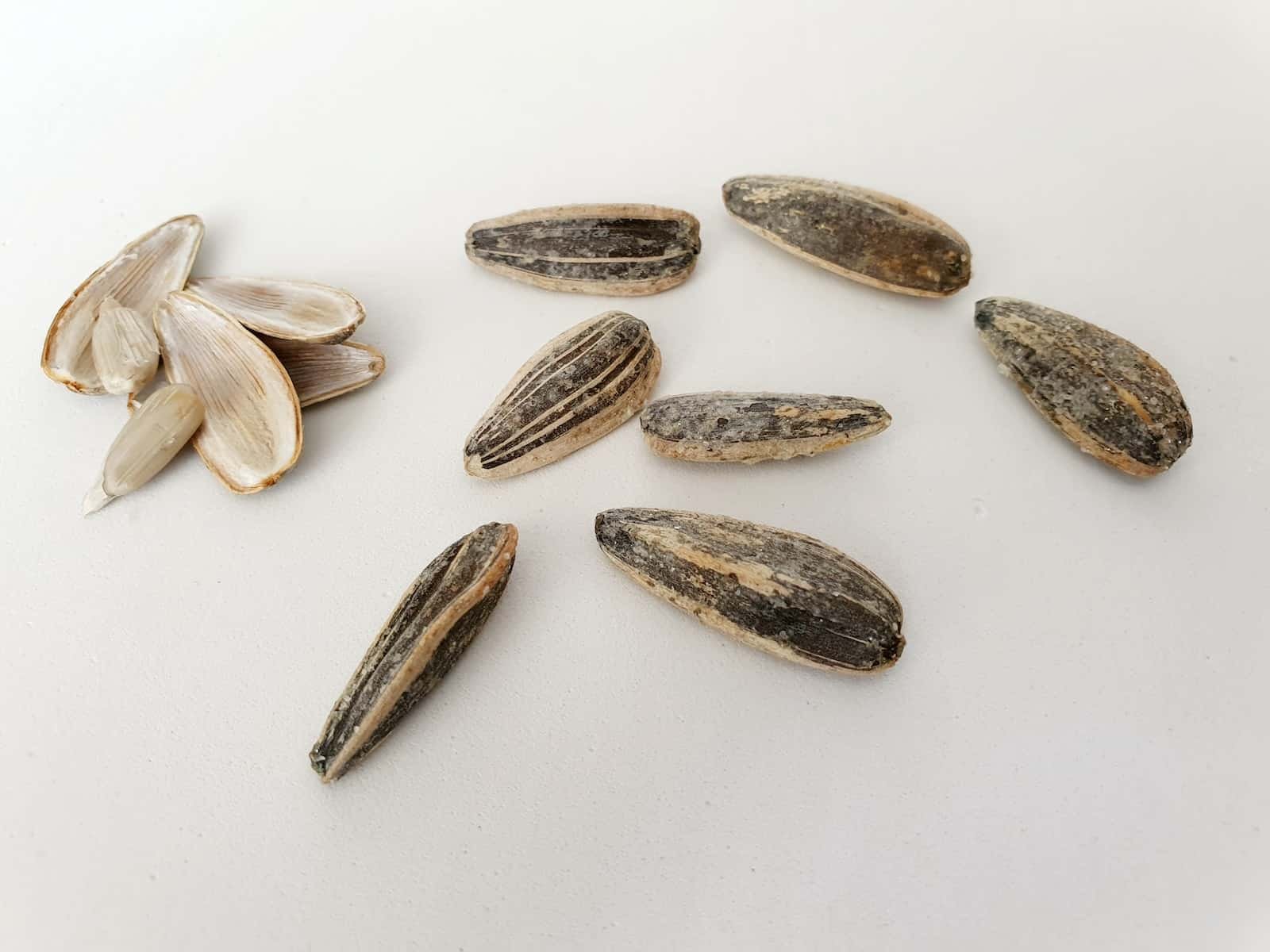I bet you’ve seen people at baseball games or picnics happily munching away on sunflower seeds. But, have you ever wondered if those tough, fibrous shells are actually edible? Today, we’re cracking the case wide open on sunflower seed shells, and whether or not they should be part of your snacking game plan. So, grab a handful of your favorite seeds (and maybe a spittoon, just in case) as we dive in!
First things first, let’s talk about what sunflower seed shells are. Sunflower seeds come from, of course, sunflowers. The seed itself is encased in a hard, inedible outer shell or hull, which is what we’re discussing today. When you munch on sunflower seeds, you’re usually cracking open this shell to get to the seed inside, which is the edible part.
Technically speaking, sunflower seed shells are non-toxic, which means they aren’t poisonous. However, “edible” is a term we typically reserve for foods that are safe and comfortable to eat, and this is where the line gets a bit blurry with sunflower seed shells.
The shells are made of tough cellulose, which our human digestive systems can’t break down. This doesn’t mean they’re immediately harmful, but it does mean that they don’t provide any nutritional value when swallowed. Moreover, because they’re so fibrous and indigestible, they can actually cause more harm than good if consumed.
When it comes to munching on those hardy exteriors, the Centers for Disease Control and Prevention (CDC) and the Food and Drug Administration (FDA) haven’t issued specific warnings about sunflower seed shells. Still, they do advise against eating non-food items or food components that our bodies can’t digest. Here are a few risks associated with eating sunflower seed shells:
Now, I’m not here to take the fun out of your snacking, not at all! Sunflower seeds are a nutritious and delicious snack when eaten correctly. They’re packed with healthy fats, protein, fiber, vitamins, and minerals. Here’s the safe and enjoyable way to eat them:
When you bypass the shell and go straight for the seed, you’re in for a nutritional treat. Sunflower seeds are a great source of vitamin E, magnesium, selenium, and a host of other nutrients. They’re associated with benefits like reducing inflammation, supporting heart health, and even helping to fend off anxiety and depression.
Alright, let’s wrap this up with some key points to remember:
So, while I know some of you might be a bit shell-shocked (pun intended), I hope thispost has helped clarify why it’s best to leave those sunflower seed shells out of your snack rotation. Remember, folks, food safety isn’t just about avoiding food poisoning; it’s also about making smart choices that keep our bodies running smoothly. Until next time, keep those seeds spitting, and stay safe!


